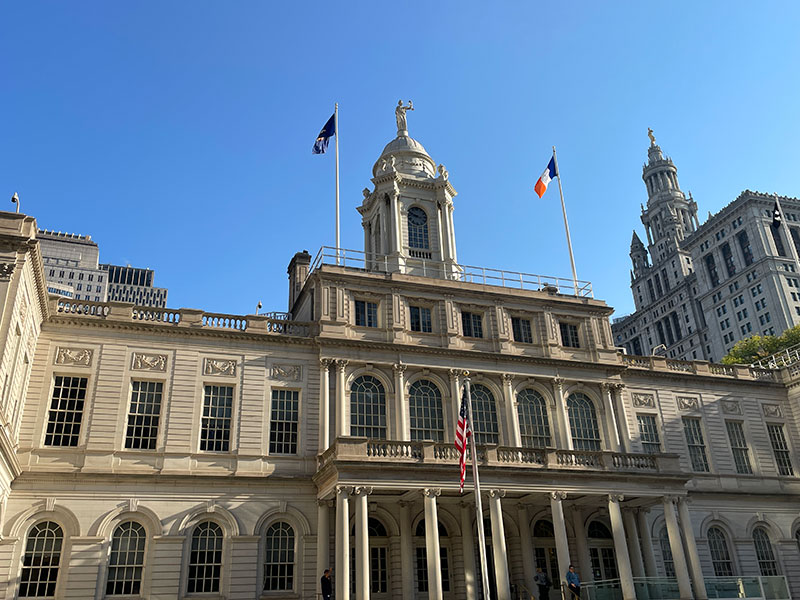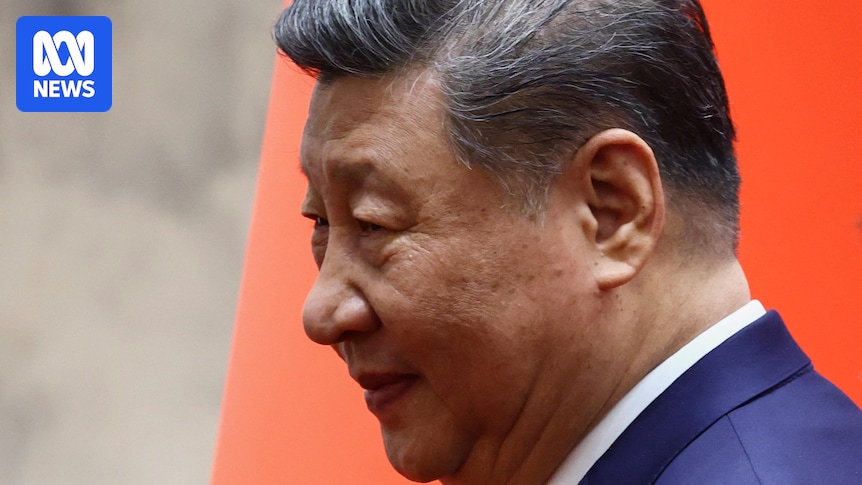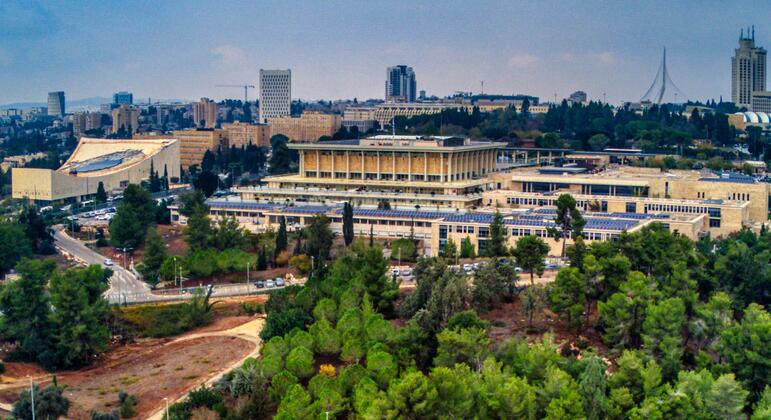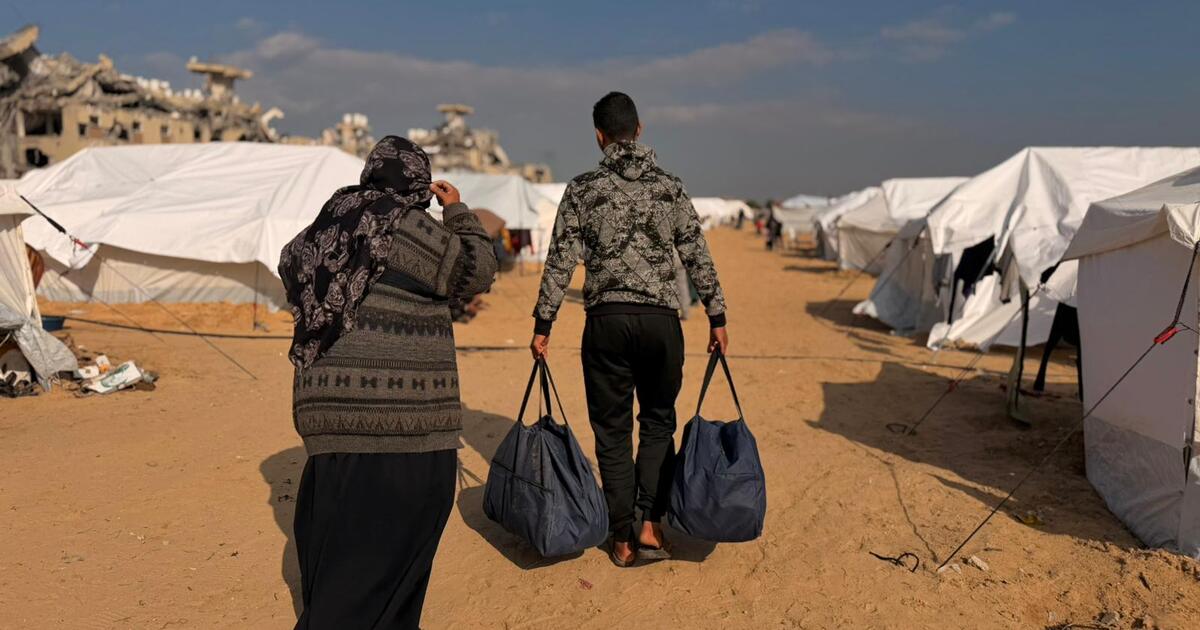- Gaza aid lifelines under strain as winter worsens UN News
- Pakistan, 7 other Muslim-majority nations express ‘deepest concern’ over deteriorating humanitarian conditions in Gaza Dawn
- Updates: Survivors of Israel’s war on Gaza brace for harsh…
Category: 2. World
-
Gaza aid lifelines under strain as winter worsens – UN News
-

Families of missing teens desperate for news
 Laetitia Brodard-Sitre/Facebook
Laetitia Brodard-Sitre/FacebookSwiss national Arthur Brodard, 16, is among the missing The families of teenagers missing after a fire at a bar in a Swiss ski resort are facing an agonising wait for official news and appealing for information about…
Continue Reading
-
Iran protests sparked by failing economy turn deadly – The Washington Post
- Iran protests sparked by failing economy turn deadly The Washington Post
- Iran urges UN to respond to Trump’s ‘reckless’ threats over protests Al Jazeera
- Iranian official reacts to Trump’s statement on protests, warns US interference…
Continue Reading
-

Mayor Mamdani Appoints Ali Najmi as Chair of Mayor’s Advisory Committee on the Judiciary
NEW YORK, NY — TODAY, Mayor Zohran Mamdani announced the appointment of renowned civil rights and election attorney Ali Najmi as the Chair of the newly revitalized Mayor’s Advisory Committee on the Judiciary. The Mayor also signed an…
Continue Reading
-
Mamdani brings the campaign mobilization to City Hall – City & State New York
- Mamdani brings the campaign mobilization to City Hall City & State New York
- Four challenges facing New York City Mayor Mamdani BBC
- Rama Duwaji Gives ‘Statement Coat’ New Meaning at Mamdani’s Inauguration The New York Times
- At Zohran…
Continue Reading
-

China-Taiwan-US triangle held together by assumptions and one dangerous lie
Xi Jinping cannot absorb Taiwan.
Lai Ching-te cannot declare independence.
Donald Trump will defend Taiwan if China attacks.
Two of these assumptions hold. One is the lie — and which one you choose likely depends on your politics.
This week,…
Continue Reading
-
UNIFIL statement (2 January 2026)
Earlier today, peacekeepers on patrol near Kafer Shouba reported fifteen rounds of small arms fire that struck no more than fifty metres away from them.
Less than twenty minutes later, peacekeepers in a second patrol in the same area…
Continue Reading
-

Grok Is Being Used to Depict Horrific Violence Against Real Women
BRENDAN SMIALOWSKI/AFP via Getty Images Earlier this week, a troubling trend emerged on X-formerly-Twitter as people started asking Elon Musk’s chatbot Grok to unclothe images of real people. This resulted in a…
Continue Reading
-

Drop draft proposals on death penalty for Palestinians, UN rights chief urges Israel
High Commissioner Volker Türk said the series of draft proposals before Israel’s Knesset raise grave concerns over discrimination, due process violations, and breaches of international human rights and humanitarian law.
“When it comes to the…
Continue Reading
-

Today’s top news: Occupied Palestinian Territory, Sudan
#Occupied Palestinian Territory
Humanitarians race to protect families from winter storms
OCHA reports that humanitarians in Gaza continue to help the most vulnerable families as harsh winter conditions leave hundreds of thousands of…
Continue Reading